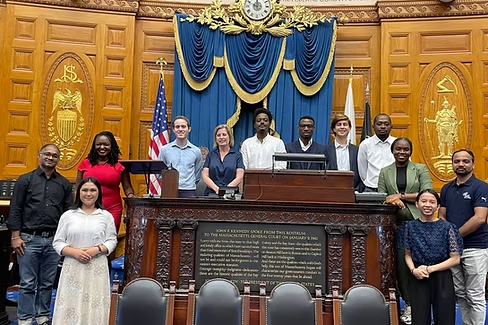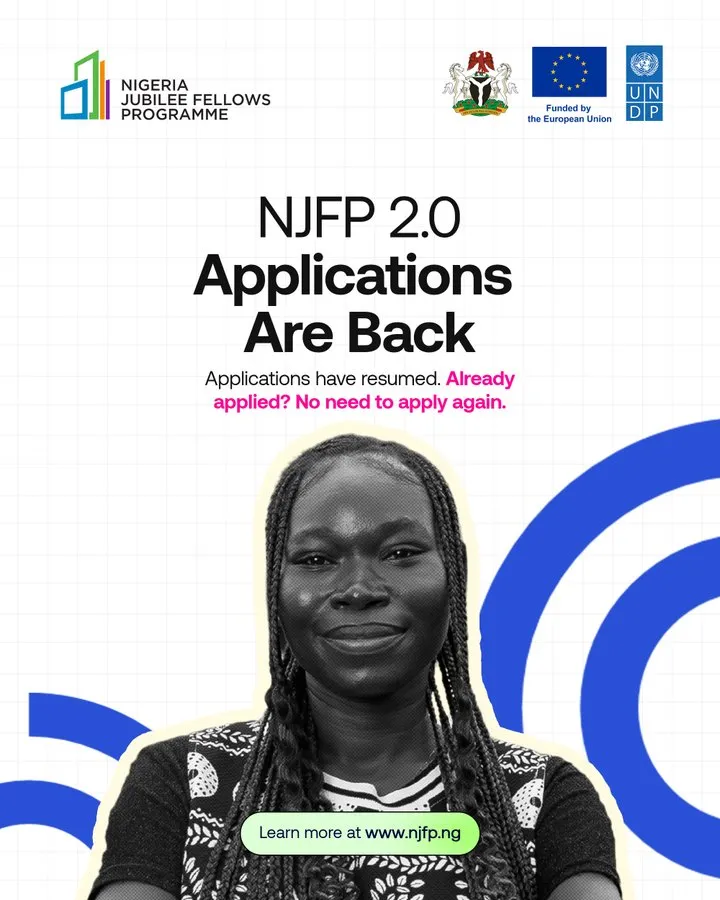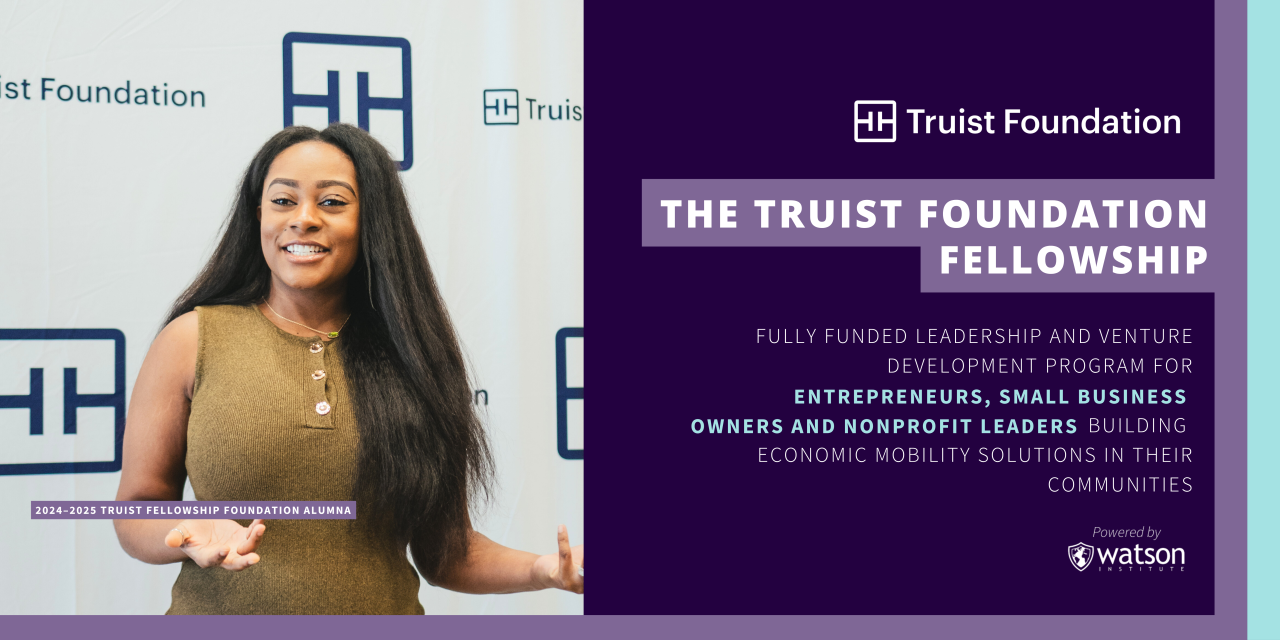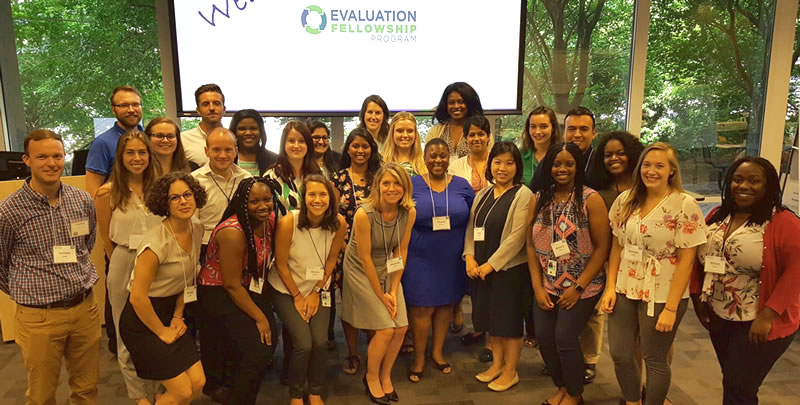Artificial intelligence is reshaping industries, disrupting labor markets, and redefining productivity on a global scale. And yet, amid the rapid technological advances, one critical dimension remains surprisingly underexplored: the economics of AI. Recognizing this glaring gap, Stripe—the financial infrastructure powerhouse—has launched a bold initiative: the Stripe Economics of AI Fellowship.
This trailblazing program aims to accelerate scholarly work in understanding AI’s economic impact by offering financial backing, research support, exclusive data access, and elite networking opportunities for the next generation of economists. With applications closing soon, here’s everything you need to know—and why you should consider applying or spreading the word.
What is the Stripe Economics of AI Fellowship?
The Stripe Economics of AI Fellowship is a groundbreaking academic initiative designed to support graduate students and early-career researchers delving into the economics of artificial intelligence. Stripe has pledged a minimum grant of $10,000 per fellow and plans to welcome 15–20 individuals into its inaugural cohort. These fellows will become the foundation of a vibrant research community operating at the cutting edge of economic inquiry.
Why This Fellowship Matters Now More Than Ever
Despite AI’s explosive growth, economic research hasn’t kept pace. Questions abound. What happens to wages, productivity, and inequality when transformative AI enters the picture? How should policy respond to labor displacement or concentration of power among a few tech giants? How does AI influence entrepreneurship, innovation, or macroeconomic cycles?
Stripe’s initiative provides a timely solution to this blind spot. By offering funding, mentorship, and access to real-world data, the fellowship ensures that economic insights won’t lag behind technological breakthroughs.
What Fellows Receive
Here’s a quick look at what the fellowship offers beyond the baseline $10,000 grant:
- Community Building: Join a curated group of like-minded researchers exploring AI’s economic implications.
- Conference Access: Attend a Stripe-hosted research summit in San Francisco, early summer 2025, featuring leading economists and technologists.
- Data Opportunity: Unlock access to unique datasets via Stripe’s ecosystem—offering unprecedented insights into commerce, behavior, and market trends.
Applicants may also request additional funding, for example, to support data acquisition or teaching buyouts, which is especially helpful for grad students needing focused research time.
Who Should Apply
This fellowship is open to a broad range of applicants:
- Graduate students in economics or adjacent fields.
- Early-career researchers (postdocs, assistant professors, etc.).
- Applicants from any country.
- Those without direct experience in AI economics but eager to pivot into this high-impact field.
Most importantly: No formal project proposal is needed to apply. A passion for the subject and a commitment to pursuing meaningful research is enough.
What is Expected of Fellows?
Fellows are asked to:
- Make a good-faith commitment to pursue at least one research project in the economics of AI.
- Attend the summer 2025 conference in San Francisco.
- Present a brief project proposal during the event, followed by participation in feedback sessions and future gatherings.
Research Priorities: The Focus on “Transformative AI”
While the fellowship welcomes broad AI economics research, it places special emphasis on transformative AI. So, what does that mean?
Transformative AI refers to technologies that could drive economic changes comparable to the industrial or agricultural revolutions. Think automation at scale, general-purpose learning systems, or large language models like GPTs dramatically altering workflows, productivity, and even cognition-based tasks.
High-impact research might explore:
- Long-term effects of automation on labor markets.
- Economic concentration and antitrust implications in AI.
- How AI shifts innovation cycles and R&D investment.
- Economic forecasting in an AI-first world.
Timeline and How to Apply
- Application Deadline: April 15, 2025 at 10PM PT
- Decision Notification: On or before April 25, 2025
- Conference Date: Early Summer 2025 in San Francisco
Applications are straightforward and should take less than 30 minutes. You don’t need a polished proposal—just a commitment to explore.
👉 Apply now through Stripe’s Fellowship page
Why This Fellowship is a Game-Changer
Stripe’s involvement isn’t just about philanthropy—it’s a strategic move to foster a deeper understanding of AI’s economic effects using real-world data from a global financial platform. This ensures that research is not only theoretical but grounded in empirical observation.
And for academics, this means a rare chance to move fast, collaborate with top minds, and potentially publish in elite journals—all while contributing to one of the most consequential policy conversations of our time.
Conclusion: A Rare Window of Opportunity
In an age of unprecedented technological acceleration, the Stripe Economics of AI Fellowship stands out as a forward-looking initiative that recognizes the importance of marrying economic rigor with technical advancement. Whether you’re a budding economist curious about AI’s macroeconomic footprint or a researcher eager to make a real-world impact, this is your moment.
But don’t wait—the April 15 deadline is fast approaching. Join a community pushing the boundaries of economic thought and help shape the policies and understanding that will govern our AI-infused future.




